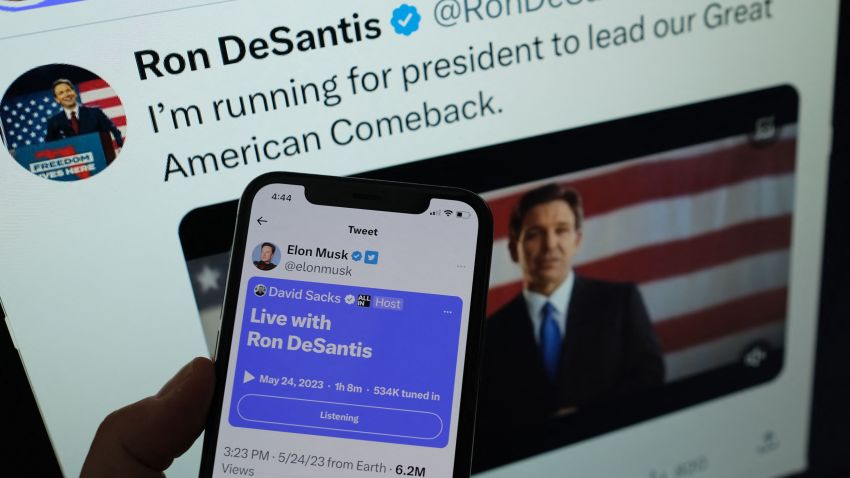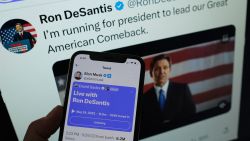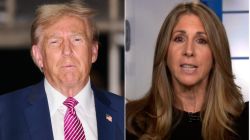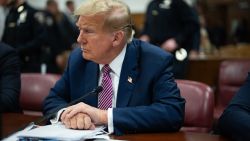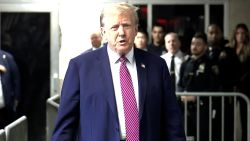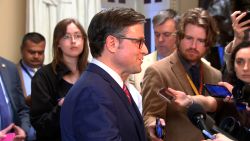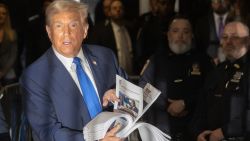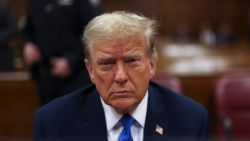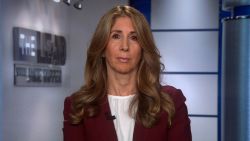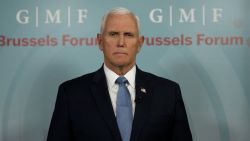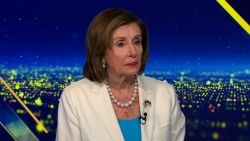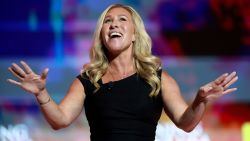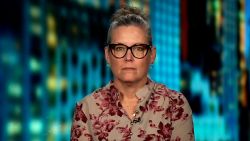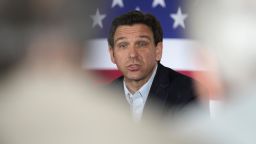When Tesla CEO Elon Musk first mused about buying Twitter in early 2022, Florida Gov. Ron DeSantis was among the many Republicans publicly cheering on the tech billionaire’s pursuit of a social media platform long viewed by conservatives as hostile to them.
But DeSantis pressed further than most GOP officials. Dangling the Florida pension fund’s investments in the company, the governor vowed to turn the country’s third largest state against Twitter’s board if they didn’t sell to Musk.
“We’re going to be looking at ways that the state of Florida potentially can be holding these Twitter board of directors accountable for breaching their fiduciary duty,” he said in April 2022. “So stay tuned on that.”
Now, a year after DeSantis came to Musk’s aide, the Silicon Valley mogul is returning the favor. DeSantis launched his presidential campaign Wednesday from Twitter with Musk joining the Florida governor for the announcement on the site he now owns after a $44 billion sale. But the event was delayed by glitches on the site, with moderator and tech mogul David Sacks blaming heavy traffic “melting the servers” at Twitter.
An alliance between DeSantis and Musk has been brewing for some time. Last June, Musk tweeted that he was leaning toward backing DeSantis in 2024, though he has said he won’t make an endorsement Wednesday. They have shared similar rejections of Covid-19 mitigation strategies and people sharing their pronouns to announce their gender. DeSantis has also lately taken to describing progressive causes as a “woke mind virus,” a term Musk has often used.
In rolling out the virtual red carpet for the Florida governor, Musk is providing a stage for DeSantis to speak directly to the right-wing influencers who have become some of Twitter’s most engaged users under its new ownership. DeSantis, meanwhile, has already proven he is plugged into the debates that often roil Twitter 280-characters at time – from gas stoves and Bud Light to Penn swimmer Lia Thomas and Joe Rogan’s past use of the “n” word – and his political team often elevates the posts of conservative accounts focused on “owning the libs.” Kicking off his campaign on Twitter – itself a touchstone in the cultural clashes under Musk’s stewardship – is a further embrace of what is seen as a key audience for driving support to Republican candidates.
It also conveniently elevates him on a platform that once catapulted Donald Trump into GOP stardom before he was banned from the site in the wake of the events on January 6, 2021, and was forced to start a rival platform. A super PAC supporting Trump blasted the choice as “one of the most out-of-touch campaign launches in modern history.” Meanwhile, on the other end of the GOP, former US Rep. Adam Kinzinger questioned the choice of moderator, venture capitalist David Sacks. Sacks, a past donor to DeSantis’ political operation, is a noted critic of the Ukraine war, an issue over which DeSantis has faced blowback from some Republicans for his waffling messages on Russia’s invasion.
“I don’t really understand this,” Kinzinger told CNN Tuesday night. But he added, “Certainly he’ll probably get a little more attention this way.”
The handwringing from all sides is illustrative of the shared risk between Musk and DeSantis as they sit on the precipice of momentous challenges. DeSantis’ White House bid faces an uphill climb against Trump, a candidate uniquely situated as a former president from whom no Republican has been able to successfully wrestle control of the GOP.
Seven months after Musk leveraged his fortune to acquire Twitter and promised to make the social media site “better than ever,” Twitter’s future has never been less certain. Advertisers and users have fled the platform under Musk’s erratic leadership, including his elevation of conspiracy theories and engagement with far-right figures. Putting his muscle behind DeSantis seems to contradict his own criticisms of the platform, which he said had become too favorable to Democrats under its previous ownership.
“There is currently a great danger that social media will splinter into far right wing and far left wing echo chambers that generate more hate and divide our society,” he wrote in a plea to companies to advertise on Twitter. “In the relentless pursuit of clicks, much of traditional media has fueled and catered to those polarized extremes, as they believe that is what brings in the money, but, in doing so, the opportunity for dialogue is lost.”
Years ago, Twitter would have been an unlikely venue for DeSantis to kick off a White House bid. DeSantis joined the website in 2012 while a candidate for US House. His first post was a tribute to the late conservative media pioneer Andrew Breitbart, whom DeSantis called the “King of Twitter.” Over the next six years, his following grew modestly to 11,000 followers amid infrequent posting – at least compared to Trump’s constant missives.
As governor, DeSantis has repeatedly sparred with social media platforms and tech companies for perceived censorship of conservative voices, and in 2021, he championed a new state law that made it illegal for tech platforms to block or demote content that might otherwise run afoul of their terms of service and provided an avenue for some individuals to sue.
The Computer and Communications Industry Association, an organization representing tech companies, including Twitter, successfully sued to block the law from going into effect. A judge ruled the law “compels providers to host speech that violates their standards.”
“Like prior First Amendment restrictions, this is an instance of burning the house to roast a pig,” the judge wrote. (The state has appealed to the US Supreme Court, meaning Twitter and Florida remain at legal odds at the time of DeSantis’ announcement.)
DeSantis himself has also previously suggested he has had minimal engagement with the website. After his official gubernatorial account drew criticism for posting that “voting is a privilege,” DeSantis distanced himself from the message by revealing he doesn’t compose his own Tweets.
“I don’t tweet, so you can talk to my staff about what my words are,” he said in 2020.
However, like many Republicans, DeSantis rallied around Musk’s efforts to buy Twitter as a potential turning point for conservatives in tech spaces, and his agenda more recently has often overlapped with the South African billionaire’s populist priorities.
DeSantis’ threats to intervene on Twitter’s behalf last year ultimately did not materialize – Twitter’s board agreed to the sale shortly after DeSantis weighed in, while it was Musk who flirted with backing out – but he seized on the Silicon Valley clash as another front in the ongoing culture wars.
“My hope is that Musk will get in there and he will end Twitter’s role as being a censorship arm of the regime,” DeSantis said at a Nevada political event shortly after Twitter accepted the deal.
Despite Musk’s vows to be a “free speech absolutist,” he has wielded his new powers as “Chief Twit” in ways that have alarmed many users and drawn widespread criticism. Under his watch, Twitter misidentified PBS and NPR as state-owned media, suspended journalists from the platform following unflattering coverage of Musk and yielded to demands of foreign countries to remove or block certain content.
Musk recently defended Twitter’s decision to restrict access to certain Twitter content in Turkey, saying it was necessary to keep the site available in some capacity there. The move was sharply derided by Enes Kanter Freedom, a Turkish-born former NBA player and a fierce critic of Turkish President Recep Tayyip Erdoğan. Before criticizing Musk, Kanter Freedom had become a conservative icon for speaking out against fellow basketball star Lebron James and the league’s business ties to China. DeSantis met with Kanter Freedom and invited him to move to Florida.
After Musk’s recent moves, Kanter Freedom told CNN, “I don’t want to hear about Elon Musk talking about free speech ever again.”
This story has been updated with DeSantis’ announcement.
CNN’s Kit Maher and Kim Berryman contributed to this story.
